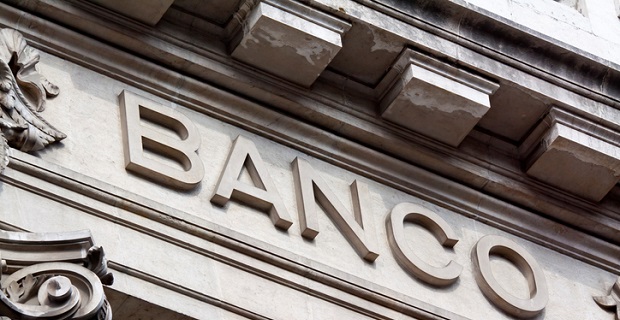Banks are financial institutions that offer various products and services to their customers, such as bank accounts, loans, credit cards, and investments. But as for-profit companies, their main goal is to generate revenue.
But how do banks make money?
Banks obtain profits through several sources, the most important of which are:
- Banking fees: They charge fees for various services, such as account maintenance, withdrawals from out-of-network ATMs, and others.
- Interest on loans: When you take out a loan, the bank charges interest on the amount borrowed. Interest rates vary depending on the type of loan, your credit profile, and market conditions.
- Investment services: Banks that provide investment services, such as financial advice or wealth management, charge fees for these services.
- Other services: Major banks may also offer services such as currency exchange, insurance and treasury management, for which they charge fees.
Tips to reduce banking costs:
- Choose a bank that doesn't charge a monthly maintenance fee;
- Maintain a minimum balance in your checking account to avoid overdrafts;
- Use ATMs in your bank's network to avoid fees;
- Pay your credit card balance in full each month to avoid interest;
- Compare interest rates before taking out a loan or credit card;
- Consider using a credit union, which often offers lower rates and better service;
- Evaluate whether it is beneficial to use different financial institutions for your different financial products.
It's important to be aware of how banks make money and take steps to reduce their costs. By comparing prices, choosing products and services wisely, and using banks responsibly, you can save money and achieve your financial goals.

“Wannabe internet buff. Future teen idol. Hardcore zombie guru. Gamer. Avid creator. Entrepreneur. Bacon ninja.”

